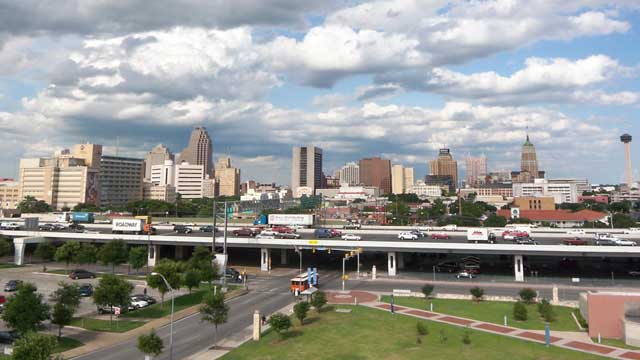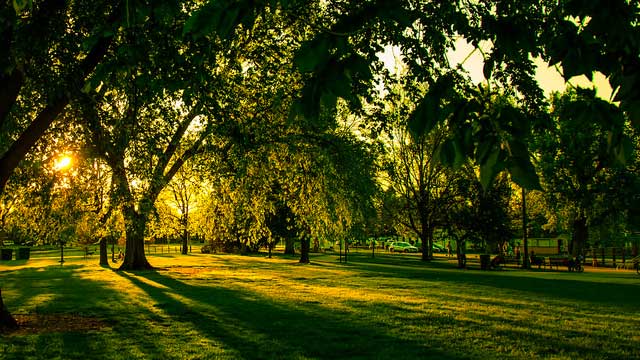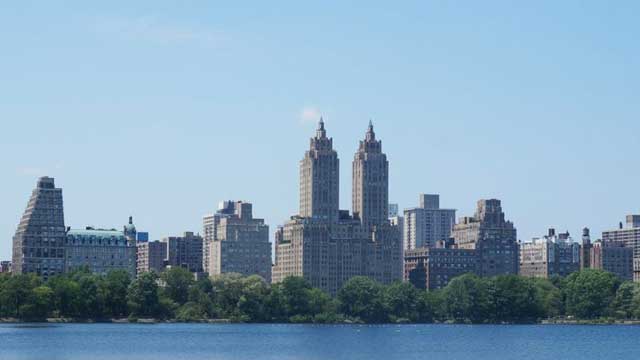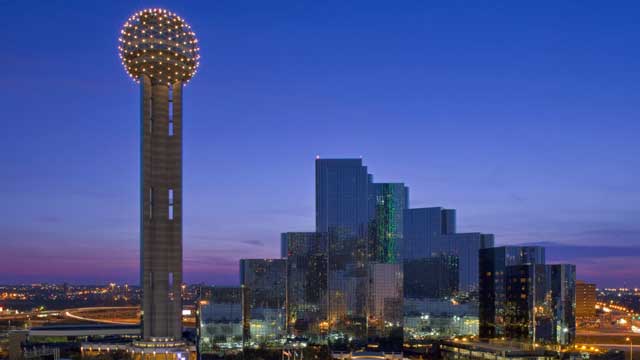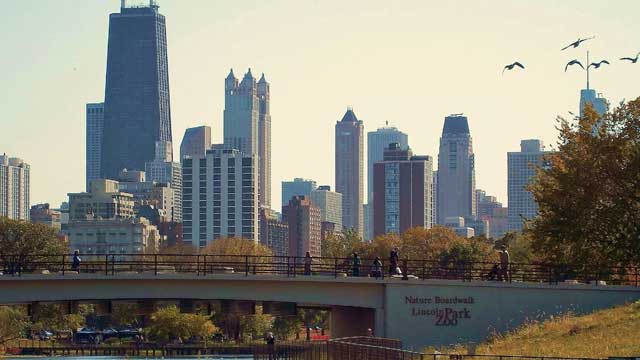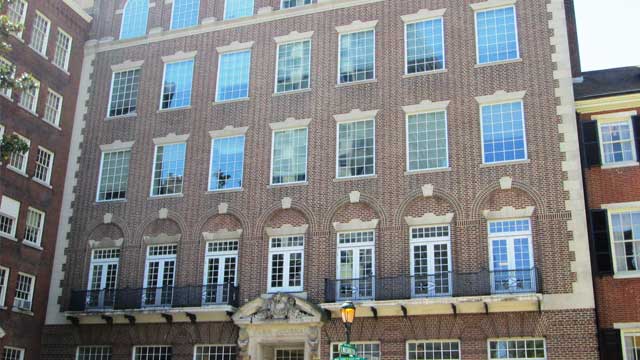Affordable apartment housing within the Austin Metro is fairly easy to come by. There are currently over 1,000 apartments that are affordably priced at under $1,000 a month.
Affordable Apartments in Austin Texas
Affordable apartment housing within the Austin Metro is fairly easy to come by.
Austin has a total population of 950,715 and 45.30% of the population own their home. 54.70% of the occupied housing units are renters within the Austin metro area. The median gross rent from 2014 - 2016 was $1,106. This is a difference of -14.73% from the most recent rental rate data. Residents tend to be more long term, 77.30% stay in their residence for more than 1 year. For those who own a home, the median value of the house is $257,800.
Rental Rates in Austin
The average rental rate for all rental properties within Austin is $1,297. The rental rates by bedrooms is as follows. For a studio, $1,034. For a one bedroom, $1,130. For a two bedroom, $1,434. And for three bedrooms, the rental rate is $1,842. The average sq ft for a rental unit is 885 sq. ft. With 3 bedrooms being about on average 1,368 sq. ft.
By neighborhood, the average rental rates in Austin are as follows:
- Windsor Hills - $974
- North Lamar - $974
- Heritage Hills - $974
- Harris Ridge - $974
- Georgian Acres - $974
- Copperfield - $1,014
- St Johns - $1,021
- Highland - $1,021
- Coronado Hills - $1,021
- Pilot Knob - $1,056
- McKinney - $1,056
- Franklin Park - $1,056
- Colorado Crossing - $1,056
- Bluff Springs - $1,056
- River Oaks - $1,086
- Gracywoods - $1,086
- Crestview - $1,093
- Onion Creek - $1,094
- McKinney Heights - $1,094
- Mesa Park - $1,124
Austin Data
Demographics
The total population under the age of 18 is 28.20%. While those over 65 is 7.90%. Women make up 49.50%, while men make up the remaining 50.50%. 75.90% of the population is White, 34.50% is Latino and 7.60% African American.
Education and Economy
16.70% of the population considered in poverty. The education level is rather high with 88.00% with a high school degree or higher. The median annual household salary for Austin is $60,939 with 53.64% of all businesses within the city being owned by men, while 35.66% are owned by women and 30.08% of businesses are minority owned.
Austin is considered to be a major center for high tech. Thousands of graduates each year from the engineering and computer science programs at The University of Texas at Austin provide a steady source of employees that help to fuel Austin's technology and defense industry sectors. The metro Austin area has much lower housing costs than Silicon Valley, but much higher housing costs than many parts of rural Texas. As a result of the high concentration of high tech companies in the region, Austin was strongly affected by the dot com boom in the late 1990s and subsequent bust. Austin's largest employers include the Austin Independent School District, the City of Austin, Dell, the U.S. Federal Government, Freescale Semiconductor (spun off from Motorola in 2004), IBM, St. David's Healthcare Partnership, Seton Family of Hospitals, the State of Texas, Texas State University San Marcos, and The University of Texas. Other tech companies with operations in Austin include 3M, Apple Inc., Hewlett Packard, Google, AMD, Applied Materials, Cirrus Logic, Cisco Systems, eBay PayPal, Hoover's, Intel Corporation, National Instruments, Samsung Group, Silicon Laboratories, Sun Microsystems and United Devices. The proliferation of technology companies has led to the region's nickname, "the Silicon Hills", and spurred development that greatly expanded the city. The concentration of high tech companies has led the former American Airlines flight between Austin and San Jose, California to be dubbed the "nerd bird." [77] Austin is also emerging as a hub for pharmaceutical and biotechnology companies. About 85 companies from this industry are based in Austin. The city was ranked by the Milken Institute as the #12 biotech and life science center in the United States.
Austin- City Information
Austin is the capital of the state of Texas. Austin is located in Central Texas on the eastern edge of the American Southwest. It is the fourth largest city in Texas and the 15th largest in the United States. It was the third fastest growing large city in the nation from 2000 to 2006. Austin has a population of 786,382 (2009 U.S. Census estimate).[4] The city is the cultural and economic center of the Austin Round Rock metropolitan area, with a population of 1,705,075, making it the 35th-largest metropolitan area in the United States. Residents of Austin are known as "Austinites" and include a diverse mix of university professors, students, politicians, musicians, state employees, high-tech workers, blue-collar workers, and white-collar workers. The main campus of the University of Texas is located in Austin. The city is home to development centers for many technology corporations and in the high-tech 1990's adopted the nickname "Silicon Hills". However, the current official slogan promotes Austin as "The Live Music Capital of the World", a reference to the many musicians and live music venues within the area. In recent years, many Austinites have also adopted the unofficial slogan "Keep Austin Weird"; this refers partly to the eclectic and liberal lifestyle of many Austin residents but is also the slogan for a campaign to preserve smaller local businesses. Long ago, Austin also became known as the city of the "Violet Crown" for the wintertime violet glow of color across the hills just after sunset. Even today, many Austin businesses use the term "violet crown" in their name.
Austin Culture and Living
As Austin's official slogan is The Live Music Capital of the World, the city has a vibrant live music scene with more music venues per capita than any other U.S. city. Austin's music revolves around the many nightclubs on 6th Street and an annual film, music, interactive festival known as South by Southwest (SXSW). The longest running concert music program on American television, Austin City Limits, is recorded on the University of Texas at Austin campus. Austin City Limits and C3 Presents produce the Austin City Limits Music Festival, an annual music and art festival held at Zilker Park in Austin based on the Austin City Limits television show. The festival and television show alike attract musical artists from around the world. Other music events include the Urban Music Festival, the Fun Fun Fun Fest, Chaos In Tejas and the Old Settlers Music Festival. The Austin Symphony Orchestra traces its roots to 1911. Austin was selected as the No. 2 Best Big City in "Best Places to Live" by Money magazine in 2006, and No. 3 in 2009, and also the "Greenest City in America" by MSN. According to Travel & Leisure magazine, Austin ranks No. 1 on the list of cities with the best people, referring to the personalities and attributes of the citizens. SoCo is a shopping district stretching down South Congress Avenue from Downtown. This area is home to coffee shops, eccentric stores, restaurants and festivals. It prides itself on "Keeping Austin Weird", despite development surrounding the area. Austin has an emerging Entrepreneurship Scene, which supports multiple entrepreneurial paths, including craft, bootstrap and funding driven. The scene comes together every March at RISE Austin, an annual week long conference around the city. The Scene have been featured in BusinessWeek, Entrepreneur Magazine (twice, and a THIRD time), GigaOm, Time, ABJ Entrepreneur, Kiplinger and CNN.
Austin is the largest city in the United States without a franchise in a major professional sports league. Many Austinites support the University of Texas Longhorns' sports programs. The University of Texas football and baseball teams each won their respective national championships during the 2005 and 2006 seasons. The Texas Longhorns play home games in the state's second largest sports stadium, Darrell K Royal Texas Memorial Stadium, seating over 101,000 fans.
Austin Colleges and Universities
Austin is home to several institutions of higher learning. The University of Texas and seven other public and private universities and colleges have a combined enrollment of over 118,000. Within 200 miles of Austin, an additional 67 four year colleges and universities enroll over 360,000 students. Nearly 40 percent of Austin area residents age 25 and over hold a bachelor's degree. Austin is also home to the University of Texas at Austin, the flagship institution of the University of Texas System. The university has several internal colleges located inside the city including the College of Pharmacy, McCombs School of Business, the School of Architecture, and the School of Engineering. The university was ranked in 2010 in the Top 10 CEO Undergraduate Alma Maters by Bloomberg Businessweek. Other institutions of higher learning in Austin include Austin Community College, Concordia University, Huston Tillotson University, St. Edward's University, the Seminary of the Southwest, the Acton School of Business, Austin Graduate School of Theology, Austin Presbyterian Theological Seminary, Virginia College's Austin Campus, The Art Institute of Austin, Austin Conservatory and a branch of Park University. Austin was voted America's number 1 College Town by the Travel Channel.
Austin Public Transportation
Capital Metropolitan Transportation Authority (Capital Metro) provides public transportation to the city, primarily by bus. Capital Metro is planning to change some routes to "Rapid Lines". The lines will feature 60 ft (18 m) long, train like high tech buses. This addition is going to be implemented to help reduce congestion. Capital Metro opened a 32 mile commuter rail system known as Capital MetroRail on March 22, 2010. The system was built on existing freight rail lines and will serve downtown Austin, East Austin, North Central Austin, Northwest Austin, and Leander in its first phase. Future expansion could include a line to Manor and another to Round Rock. Capital Metro is also looking into a circulatory system of streetcars to connect most of Downtown, the University of Texas, and the 700 acre (2.8 km2) Mueller Airport Redevelopment. The streetcar system would help connect the new rail line to key destinations in Central Austin. Austin has a robust and exciting public transportation system and is planning even more! Use rentbits to find apartments for rent and houses for rent near Capital Metro lines and Capital Metro Rapid Lines in Austin! When you are close to the Capital Metro, you will be near all of the exciting things that Austin has to offer!




